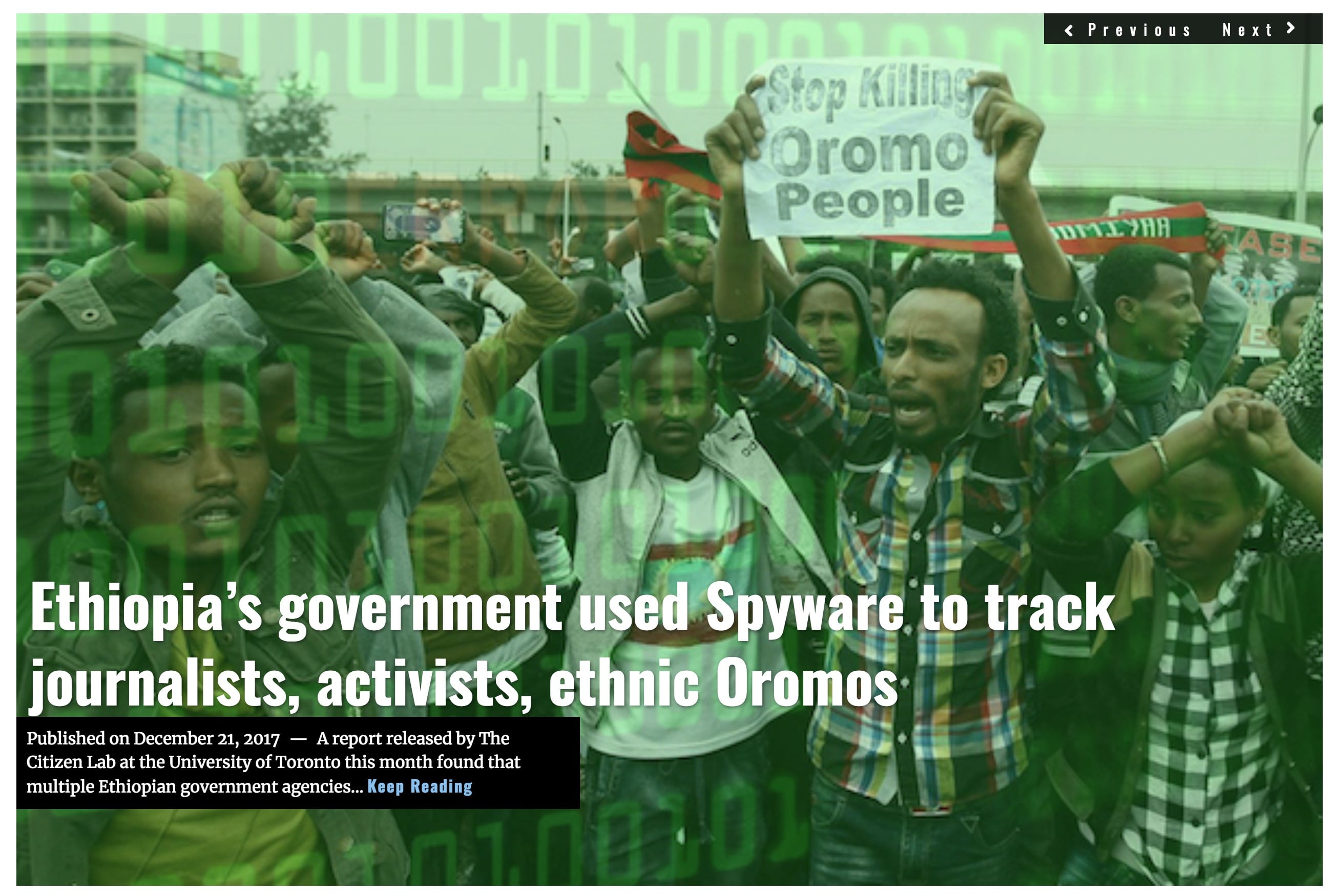In a surprise move, Ethiopia’s prime minister, Hailemariam Desalegn, announced Wednesday that the government will be shutting the infamous Maekelawi detention facility in Addis Ababa and that current political prisoners will receive pardons. The surprise decision came just two weeks after a series of violent protests and revelations of government use of spyware to monitor opposition citizens.
Yesterday, Ethiopia's PM announced plans to release political prisoners and close one of the country's notoriously brutal detention centers, Maekelawi. Our colleagues were held there in 2014. Please read & share their story: https://t.co/Qhb3pXD6ts
— Ellery Biddle (@ellerybiddle) January 4, 2018
“Today’s announcement could signal the end of an era of bloody repression in Ethiopia. For prisoners who have spent years incarcerated on politically motivated and trumped-up charges, this is long overdue,” said Fisseha Tekle, Ethiopia Researcher at Amnesty International.
Even further, the office of the Ethiopian prime minister said charges would be dropped against politicians currently being prosecuted.
“Politicians currently under prosecution and those previously sentenced will either have their cases annulled or be pardoned,” said Desalegn, alongside other leaders of the ruling People’s Revolutionary Democratic Front political coalition.
The next day Desalegn said that not all of the politicians who were imprisoned would be released. The prime minister blamed a mistranslation for the error, but confirmed that the prison would still be shut.
The Maekelawi prison has faced international criticism for years.
“Police investigators at Maekelawi use coercive methods on detainees amounting to torture or other ill-treatment to extract confessions, statements, and other information from detainees,” said Human Rights Watch.
According to local reporters, the facility will be converted into a “modern museum.”
This announcement comes in the context of protests by the Oromo ethnic group since late 2015. Hundreds have been killed in the crackdown on the Oromo, the country’s largest ethnic group of approximately 35 million people.
Since the government declared a state of emergency in the Oromia region, more than 11,000 people have been detained, according to an Amnesty International report.
However, due to a lack of specifics in this announcement, it is unclear what portion of those who were arrested are going to be freed.
“There is a range of people who were arrested, accused and tried and convicted of what we may call political crimes,” Awol Allo, a lecturer at Keele University’s School of Law, told Al Jazeera.
Allo specified that this political prisoners have been arrested on a wide variety of charges, including endangering national security or the constitution, corruption, and terrorism.
[Title Photo: Ethiopian prime minister Hailemariam Desalegn (Reuters/Tiksa Negeri)]
LIMA CHARLIE NEWS
Lima Charlie provides global news, insight & analysis by military veterans and service members Worldwide.
For up-to-date news, please follow us on twitter at @LimaCharlieNews
In case you missed it:
[contf] [contfnew] 
lima charlie news
[contfnewc] [contfnewc]









